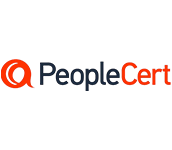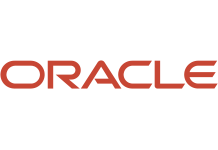- 087 941 5764
- impactful@lrmg.co.za


The Solution Architect is responsible for the successful design, implementation, deployment and adoption of an overall solution.
The Solution Architect ensures that the solution meets the customer’s needs now and in the future. In this course, students will learn about decisions a Solution Architect makes during an implementation, covering security, integrations, Power Apps architecture, Power Automate architecture, and more.
This course is designed to give you an introduction to the Solution Architect role.
Our courses have flexible delivery options:
This course is intended for:
Senior Consultants (both functional and technical) that aspire to be Solution Architects, or current Solution Architects that are new to the role.
Learners should start this course already having the following skills:
This course prepares students to write Exam PL-600: Microsoft Power Platform Solution Architect.
Need additional information?
We are here to support your growth every step of the way
Get in touch
The Solution Architect is responsible for the successful design, implementation, deployment and adoption of an overall solution.
The Solution Architect ensures that the solution meets the customer’s needs now and in the future. In this course, students will learn about decisions a Solution Architect makes during an implementation, covering security, integrations, Power Apps architecture, Power Automate architecture, and more.
This course is designed to give you an introduction to the Solution Architect role.
Our courses have flexible delivery options:
This course is intended for:
Senior Consultants (both functional and technical) that aspire to be Solution Architects, or current Solution Architects that are new to the role.
Learners should start this course already having the following skills:
This course prepares students to write Exam PL-600: Microsoft Power Platform Solution Architect.
Certified global best practices in the new technologies…




Please complete the form with your information and one of our experts will get back to you soon.

Get in touch
Email: impactful@lrmg.co.za
Tel: +27 87 941 5764